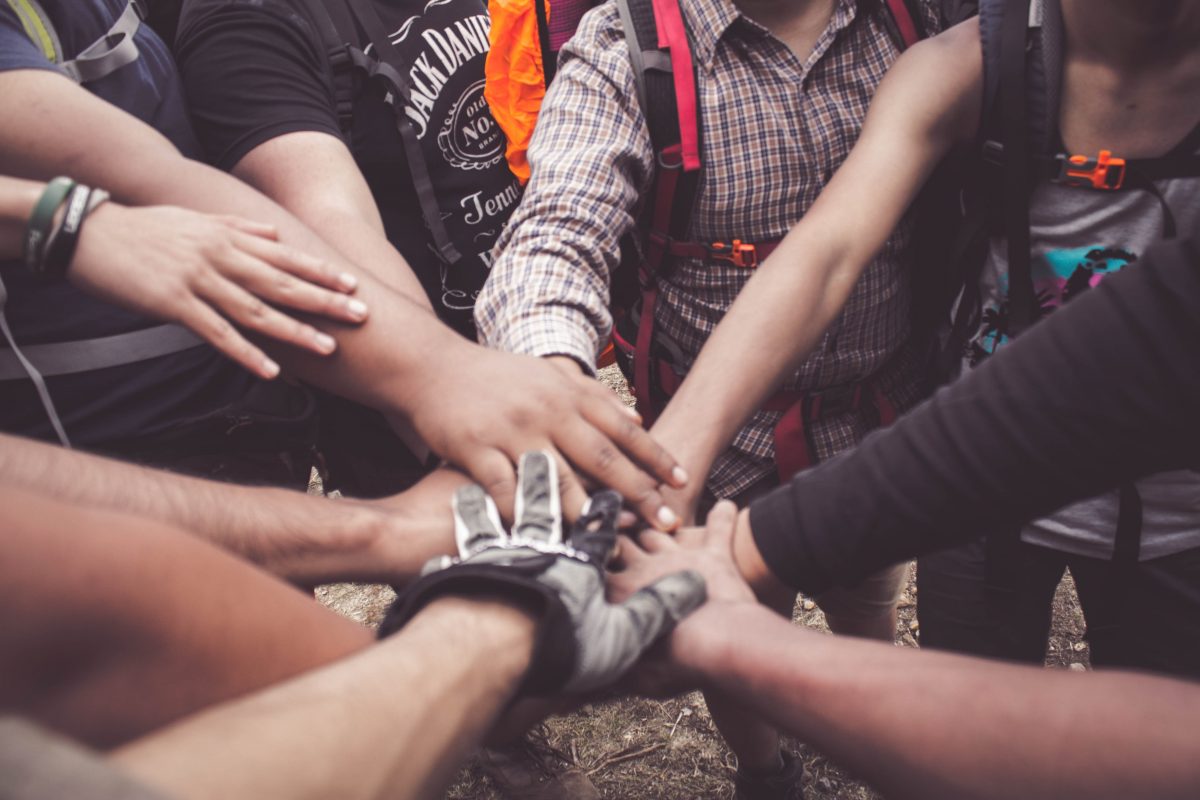What is Recovery Capital?
Every so often there is a buzzword that is attached to recovery, ‘Recovery Capital’ is one of those.
However, unlike other buzzwords that seem to serve to confuse, ‘Recovery Capital’ comes from academic research and holds relevance. But what does it mean in real terms?
The phrase ‘Recovery Capital’ was first put forward in research by Robert Granfield and William Cloud that was later published.
Granfield and Cloud explored the success of residential rehabilitation.
They argued that even with good quality treatment, a person would have trouble staying sober if they had no meaningful relationships with recovery peers, parents, families, partners, friends, and neighbours.
It was stated that purpose and belonging were integral to the maintenance of recovery and without activities or meaningful connection to avenues that promoted this, sobriety would be at risk.

In short ‘recovery capital’ comprises of everything you have working to your advantage when trying to stay sober—the more forms of recovery capital you have, the better the quality of recovery.
It is whatever you have working in your favour to help you stay sober. Ask yourself what makes you happier, healthier, and more connected to others?
Often the answers will be the formulation of the recovery capital you already have existing in your life. The more recovery capital an individual has, the easier it will be to stay sober.
‘Recovery capital’ can be broken down into four categories:
Human

Human recovery capital is more or less what groups, employers and individuals look for when deciding to build relationships.
This includes your values, skills, knowledge, experience, education, interpersonal skills, and problem-solving abilities.
It also includes certain personality traits, such as conscientiousness, optimism, perseverance, self-awareness, confidence, humility and a sense of purpose.
They are the qualities that make an individual attractive and are the means for forming friendships, relationships and support.
Physical
Physical recovery capital represents the most basic needs for ongoing maintenance – a safe place to live, enough to eat, adequate clothes and access to transportation.
Without this, an individual will not meet the bare minimum of recovery capital needed to maintain recovery.
There are further physical needs such as good health, financial security and an ability to be able to generate income through skills and employment.
Social
Social recovery capital is all your relationships. These could be intimate relationships, family, at work relationships, friendships, or members of your sober network.
Quality is especially important here. If you have many close relationships, but many of those people have substance use issues, then you don’t have substantial social capital.
That would be a significant social liability.
Social capital means you are surrounded by people who support your recovery and other positive changes.
This can be found in the form of peer-led support groups such as AA and NA.
Furthermore, it can be in the form of participation in groups who share a common interest, maybe with charitable aspirations or focused on the growth of spiritual practice.
Cultural
Cultural capital is all the support you get from your community and culture. It could be your local community, neighbourhood, or the broader community.

Cultural capital in local communities includes things like access to treatment and mutual aid groups like 12-step programs.
It might be participating in activities that channel efforts to reduce the stigma of addiction and facilitate a general openness about substance use issues with a willingness to help.
It’s good to have as much quality recovery capital as possible. You have more control over some kinds of recovery capital than others.
For example, you have significant control over skills and qualities you develop through capitalising on self-development opportunities. Individuals have autonomy on who they choose to associate with.
The adage of ‘stay in a barbershop long enough and you’ll get a haircut’ can apply to those who frequent circles where substance misuse is prevalent.
However, this can be reversed, and recovery could grow if the individual chooses to invest in a social setting where sobriety is at its core.
The advantage of a quality treatment program and therapeutic intervention is that it will help you develop physical, human, and social capital.
Many good organisations will stress the importance of involving families in the treatment process.
Family support communities are growing in numbers, and this is can help turn a social liability into an asset.

It might help if you think of recovery capital as money in the bank.
Every time you learn a new skill, make a new friend, pay off a debt, save a little money or help another in need, you are making deposits to strengthen your recovery.
The more deposits you make, the more you can withdraw in the form of support, self-esteem and purpose that will serve to aid you in difficult times.
You will no doubt find that you will enjoy life more as your recovery capital grows. You will also discover that you can give more and help others.
After all, who doesn’t want to make the world a better place?
Start your new life today!
Please contact us to discuss a Home Detox Programme or any of our other services.
Together, we can build a new life for you! Tel: 0800 1404044



